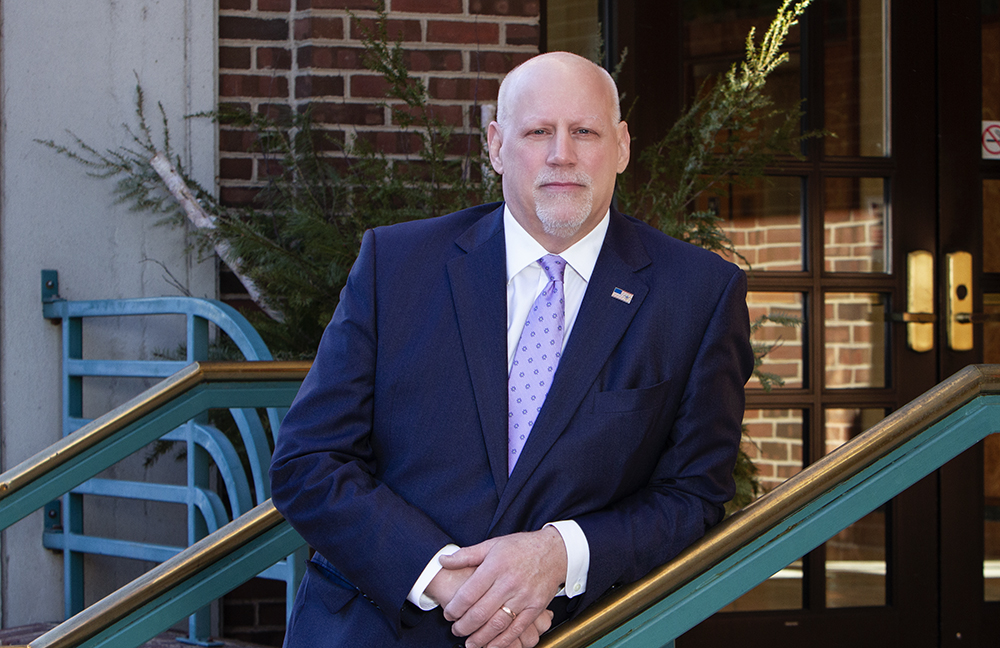Federal Court Finds Educational Institutions Can Be Held Liable Under Title IX for Actions of Non-Students
January 26, 2022
Publications
In a precedential decision, the United States Court of Appeals for the Third Circuit recently revived a lawsuit against Millersville University, finding for the first time that a university may be held liable under Title IX for acts perpetrated by a non-student. Hall v. Millersville University, No. 19-3275, 2022 U.S. App. LEXIS 715, __ F. 4th __ (3d Cir. Jan. 11, 2022). The case has been remanded back to the trial court to resolve factual disputes.
Title IX prohibits discrimination based on sex in any education program or activity that receives federal funding. Covered institutions include public schools (pre-K through post-secondary), charter schools, libraries, museums, and local and state educational agencies. Title IX authorizes suits for monetary damages, but damages are only available if the funding recipient had adequate notice that it could be liable for the conduct at issue.
The Hall case presents a tragic example of dating violence that escalated to murder. In 2014, Karlie Hall was a Millersville freshman. She invited her boyfriend, Gregorio Orrostieta, to visit her on campus and stay in her dorm room. The couple were fighting one night when Hall’s resident assistant (“RA”) overhead her scream “ow.” The RA knocked on the door, which was answered by Orrostieta. The RA questioned Orrostieta about what had happened, and he stated that things had “got a little physical.” Hall told the RA that she wanted Orrostieta to leave. The RA called University Police to remove Orrostieta. The University Police Officer dropped Orrostieta off at a local gas station and did not write a report of the incident.
The RA did draft an incident report pursuant to her obligations under Title IX and forwarded it to the Deputy Title IX coordinator. The report was reviewed and filed away, but not forwarded to anyone else, and no investigation was conducted. The next day, Hall’s roommate called her own mother and told her that she believed Orrostieta had given Hall a black eye. The roommate’s mother called University Police, Millersville counseling department, and the Area Coordinator. For a week after the incident, Hall avoided seeing her friends and family, and missed classes due to a fractured orbital bone.
The couple continued dating off and on for the next several months. In February 2015, Orrostieta and Hall attended a fraternity party together. The couple fought during the party and returned to the dorm room together. Residents and the RA heard noises from the room, including the sound of a woman screaming for help. The RA knocked on the door, but heard nothing, and did not inquire further. That night, Orrostieta killed Hall by “strangulation and multiple traumatic injuries[.]” Hall, at *9. Orrostieta was arrested and convicted of third-degree murder.
Millersville’s Title IX policy defined sexual misconduct to include dating and domestic violence. The policy covered the conduct of employees, students, visitors/third parties, and applicants. Pursuant to the policy, the Deputy Title IX Coordinator and Area Coordinator were required to report instances of sexual misconduct to the Millersville Title IX Coordinator. The RA’s report never made it to the Title IX Coordinator. The policy also required the University to contact victims of domestic violence on campus. Hall was never contacted by the University.
Hall’s parents sued Millersville under Title IX claiming that the University was deliberately indifferent to their daughter’s assault. Because no court had yet extended Title IX liability to instances of sexual harassment committed by a non-student guest, the University claimed that it lacked notice that it could be held liable for Orrostieta’s conduct. The trial court agreed and granted summary judgment in favor of Millersville.
The Third Circuit reversed on appeal, finding that “Millersville knew, and intended, for its Title IX policies to apply to nonstudents.” Hall, at *19. The appellate court relied on a series of Supreme Court cases that found that the notice requirement does not apply where the funding recipient intentionally violates Title IX. In one such case, the Supreme Court found that deliberate indifference to known student-on-student harassment constitutes an intentional violation of Title IX. See Davis ex rel. v. Monroe Cnty. Bd. of Educ., 526 U.S. 629, 643 (1999). The Third Circuit explained that the Davis court’s holding could apply to violations committed by non-students. However, to succeed on a deliberate indifference claim, the plaintiff must establish that the funding recipient had “control over the harasser and the context of harassment.”
To defeat Millersville’s summary judgment motion, the Halls needed to prove:
- Millersville received federal funds;
- sexual harassment occurred;
- Millersville exercised substantial control over the harasser and the context in which the harassment occurred;
- Millersville had actual knowledge of the harassment;
- Millersville was deliberately indifferent to the harassment; and
- the harassment was so severe, pervasive, and objectively offensive that it deprived Karlie Hall of her access to the educational opportunities or benefits provided by the school.
Both parties agreed that the first two elements had been met. As for the rest, the court found enough disputed facts to deny Millersville’s summary judgment motion. Regarding the element of “substantial control,” the court pointed to the University’s dormitory guest policies, which it used twice to exclude Orrostieta from campus. It also noted that the University had the ability to issue “No Trespass Orders.” As for “deliberate indifference,” the court found that the failure to follow University policy by reporting Hall’s assault to the Title IX Coordinator was significant. The case was remanded back to the trial court for potential resolution of these factual disputes by a jury.
The Hall case appears to be the first time a federal appeals court has found that a Title IX funding recipient can be liable for deliberate indifference to sexual harassment perpetrated by a non-student guest on campus. The opinion highlights the ever-changing (and ever-expanding) world of liability under Title IX, reinforcing that schools have a duty to protect students when the school has prior knowledge of sexual misconduct. It also exemplifies the need for all educational institutions to ensure that staff who are charged with handling Title IX matters are properly trained and understand the need to follow institutional policy without exception. All institutions that receive federal funding must have clear policies and conduct thorough investigations of possible Title IX violations.
The attorneys in McNees’ White Collar Defense & Internal Investigations Group are trained to conduct investigations under Title IX and stand ready to assist your institution with all aspects of compliance.
© 2022 McNees Wallace & Nurick LLC
McNees White Collar Client Alert is presented with the understanding that the publisher does not render specific legal, accounting or other professional service to the reader. Due to the rapidly changing nature of the law, information contained in this publication may become outdated. Anyone using this material must always research original sources of authority and update this information to ensure accuracy and applicability to specific legal matters. In no event will the authors, the reviewers or the publisher be liable for any damage, whether direct, indirect or consequential, claimed to result from the use of this material.



